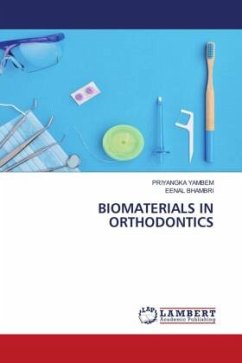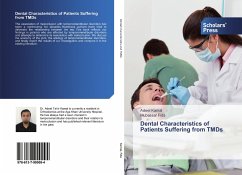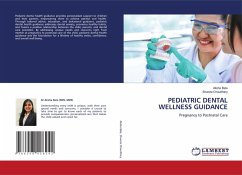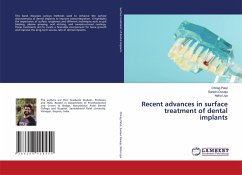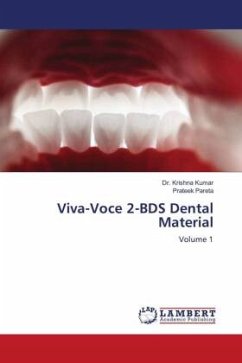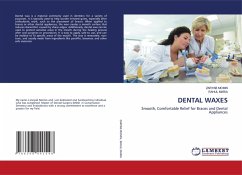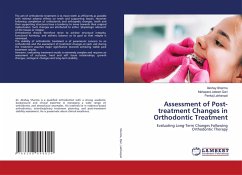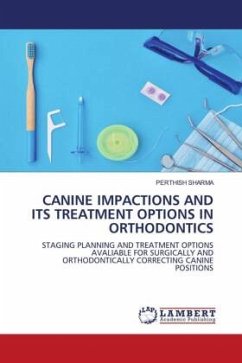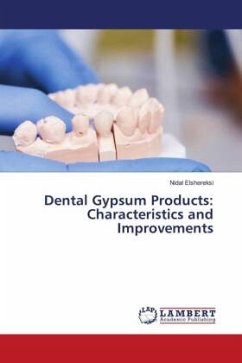
Dental Gypsum Products: Characteristics and Improvements
Versandkostenfrei!
Versandfertig in 6-10 Tagen
24,99 €
inkl. MwSt.

PAYBACK Punkte
12 °P sammeln!
Gypsum (calcium sulfate dihydrate) is a mineral that is mined all over the world. A variety of crystalline forms of gypsum, including selenite and alabaster, can be found in nature because the mineral is an evaporite, which means it precipitates (settles) out of water as the water evaporates. Today, gypsum and gypsum products are employed in a wide range of industries, including building construction, soil improvement, food additives, agricultural use, medicines, medical technology, and dentistry. Despite the popular usage of gypsum materials in dental applications, these materials suffer from...
Gypsum (calcium sulfate dihydrate) is a mineral that is mined all over the world. A variety of crystalline forms of gypsum, including selenite and alabaster, can be found in nature because the mineral is an evaporite, which means it precipitates (settles) out of water as the water evaporates. Today, gypsum and gypsum products are employed in a wide range of industries, including building construction, soil improvement, food additives, agricultural use, medicines, medical technology, and dentistry. Despite the popular usage of gypsum materials in dental applications, these materials suffer from some shortcomings such as low compressive strength, inadequate surface hardness, poor abrasion resistance, and dimension instability. Therefore, this book aims to shed some light on the current status of research on different types of dental gypsum materials. The work reviews the currently utilized systems for modifying dental gypsums and discusses the characteristics of resultant gypsum materials. Moreover, the work explores the effect of physical and chemical treatments on dental gypsum performance.



